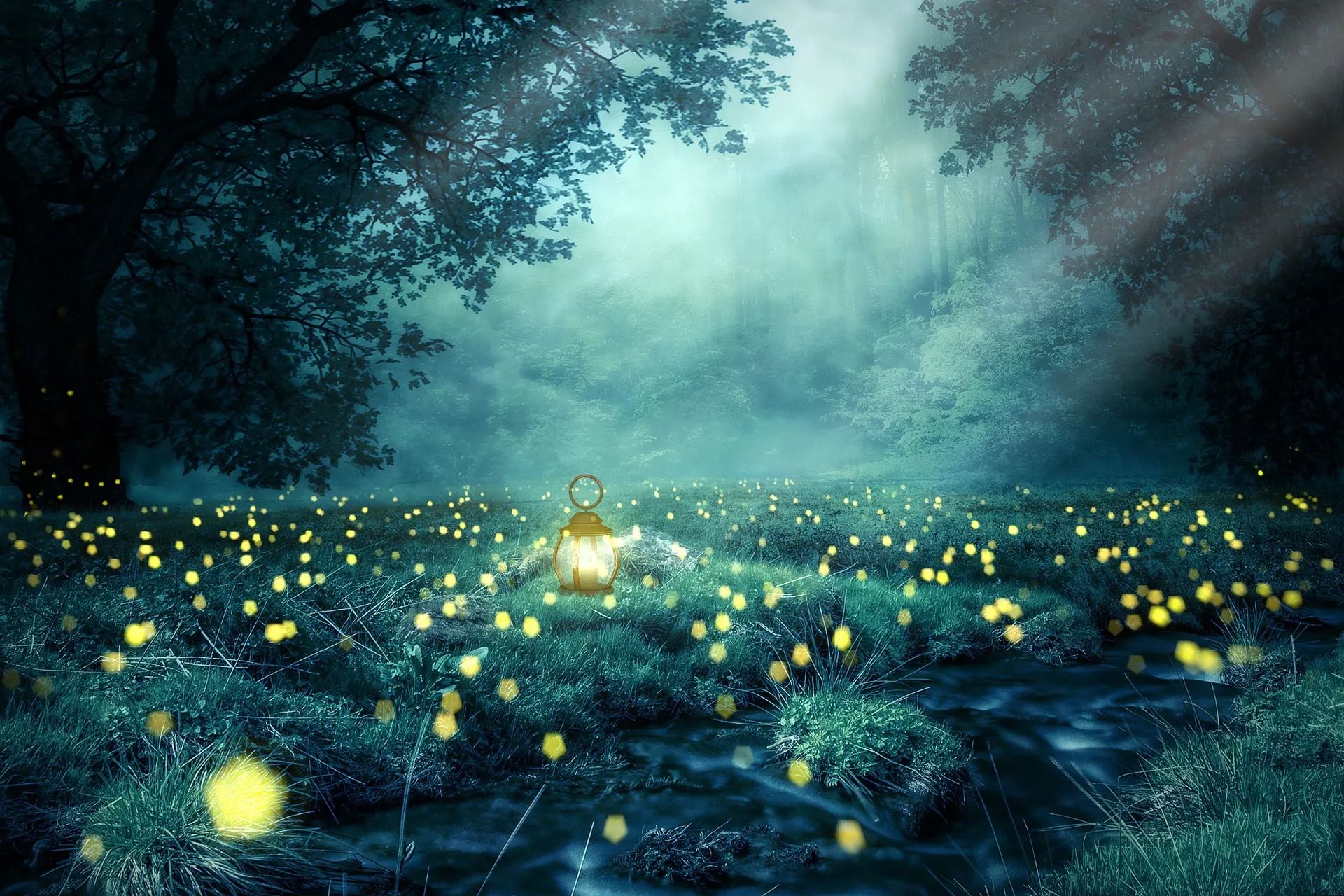Alyssa Polizzi
Walking the Path of Individuation

People often ask me why I read Jung’s work and what it means to me. From the moment I dove into Man and His Symbols, a book published over 50 years ago, I was hooked. Studying and working with Jungian Psychology transformed my life. It challenged me to see myself in new ways – to approach my shadow with openness, to listen to my dreams and develop a relationship with my unconscious.
When I began reading Jung, I found myself grappling with existential uncertainties. I felt called to go deeper and find out who I really am. I wanted to understand the world, myself and others better. Jungian Psychology provided a way to explore these dynamics. Jung dedicated his life to understanding the nuances of the psyche, the typical patterns and dynamics that influence each of us on personal, collective and archetypal levels. Like the psychopomps of mythology, Jung’s work guided me deeper to my soul, and I believe he can for others as well.
Central to Jung’s work is the principle of individuation, a process of psychological development where the innate potentials of the psyche are realized. Individuation strengthens our awareness and sense of self by recognizing the wholeness of our personality. By becoming aware of our shadow, complexes, or collective influences, we can become more whole and rooted in our own being.
Long held issues began to change and take new form for me. I realized there were beneficial traits – creativity, empowerment, courage – that I denied myself. These were wrapped up in the parts that I did not want to see or claim. But I am not alone in this, Jung’s work reminded me. Each of us is challenged to walk the path of individuation and take responsibility for our own projections and to address unresolved issues in our life. As we do this, we gain a deeper sense of personal authority and build a strong ego that can relate to itself and others in a balanced and objective manner.
“Individuation does not shut one out from the world, but gathers the world to itself.” – Carl Jung Structure & Dynamics of the Psyche, CW 8
This led to a greater sense of connection to the people in my life and to the world. As humans, we are defined by our complex and deep relationships to each other. We do not exist in isolation, we grow and thrive in community. Individuation is not meant to isolate or divide us. Rather, it helps us know who we are so that we can turn towards the outer world with conscious awareness. Our society is a reflection of the deep patterns that exist within each person. Archetypal potentials for good, evil, liberation, and regression are always present. To move forward, we can utilize Jung’s work to facilitate not only personal individuation, but collective individuation as well.
The first step, as Jung points to, is to turn inward. To foster a relationship with our unconscious psyche and inner nature. To acknowledge the duality that is ever present inside each of us and to hold the tension of the opposites. When opposing forces can establish a meaningful connection, a new element is born that resolves the division. This is easier said than done. But as I practiced this, I noticed change really did happen. Sometimes it was subtle, and other times it was intense. Where once I was split or resistant, I now found the capacity for openness and evolution.
In celebration of Jung’s birthday, we can turn towards these powerful guiding principles to assist us on our journey. We can see them as opportunities to better know ourselves, to embrace individuation and all the challenges and opportunities it provides.
The Jung Platform offers a wealth of programs, if you would like to learn more about these concepts and deepen your own personal journey. These include Introduction to Individuation with John van Eenwyk, Individuation in Times of Cultural Change with Joe Cambray , The Transcendent Function with Ken James, Applied Shadow Work by Akke-Jeanne Klerk and the hugely popular Encounters with the Shadow: Introduction to Jungian Shadow Work by James Hollis.
Share
Other blog posts

Jung Platform is an online education space that offers a range of depth psychological and spiritual perspectives. Our courses and talks explore the journey of life with guidance from highly regarded teachers.
We are passionate about offering practical, life-enhancing tools and opportunities to connect with others on this path. Our aim is to help people connect to their own soul, so they can live more fully and colorfully.
Stay inspired.Get our magical updates.
Thank you for signing up!
FEATURED LINKS
-
Headquarters in Salt Lake City, Utah
-
info@jungplatform.com
-
Copyright © 2026
